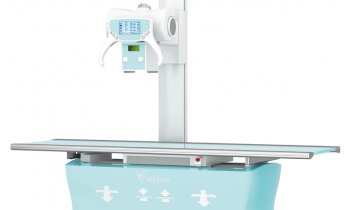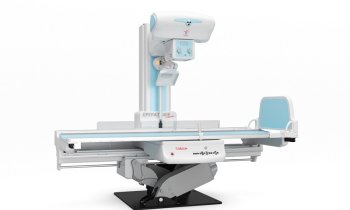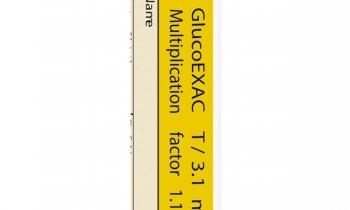Qualification
Diabetes-Nanny
About 25,000 German children are diabetic, and numbers are increasing rapidly. Specialists in childhood diabetes gathered at a meeting held by the Dianino Foundation during the 41st Annual Meeting of German Diabetes Society (DDG), to discuss `Diabetes-Nanni´, a programme in which female diabetes advisers receive additional psychology training to care for diabetes-affected families in their homes.
The free programme - originated in 2005 by the Dianino Foundation supported by medical devices manufacturer Becton Dickinson (BD) - has already helped many families, living in North-Rhine Westphalia, to develop new ways to live with and cope with the disease. (BD has also been involved in projects for children with cancer, e.g. the ‘Wood Pirates’ programme, run in co-operation with the German Foundation for Children with Cancer to provide free leisure camp holidays for affected children).
What qualifies a ‘Diabetes-Nanni’? A nurse or nutritionist who has attended a course or has received advanced vocational training to become a diabetes consultant or assistant. However, the main qualification is comprehensive practical knowledge and experience in dealing with child diabetics and parents. So, a mother who has raised a diabetic child would not need advanced vocational training. Each candidate is prepared for her new task in a seminar given by the Foundation Dianino.
Then the Diabetes-Nanni works closely with the child’s treatment team to develop an action plan. The nanny continuously consults with the child’s medical team. Apart from observing the child’s medical care, the nanny helps with everyday problems of the whole family, and contacts, for example, the nursery school, after-school care club, school or parents’ employers.
Professor Tschoepe, Director of the Diabetes Centre at Ruhr University Clinical Centre, Bad Oeynhausen, said that this kind of support ‘... often will have an extremely positive effect on further medical treatment and development of children with diabetes.’
www.dianino.de
01.07.2006











